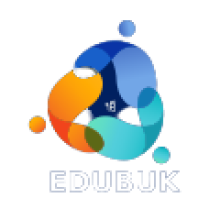Quantum Computing
The Quantum Computing course is an in-depth exploration into the principles, theories, and applications of quantum computing—a revolutionary field that harnesses the laws of quantum mechanics to solve complex problems far beyond the capabilities of classical computers.
English
Last updated
Sun, 29-Sep-2024







